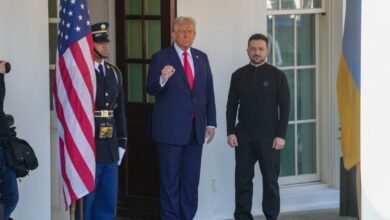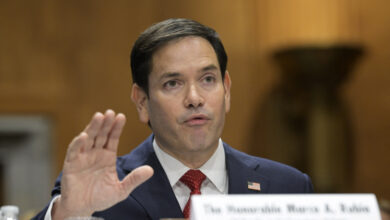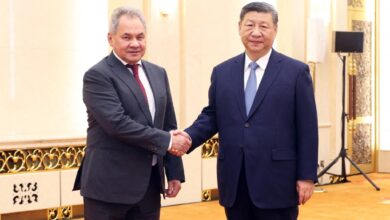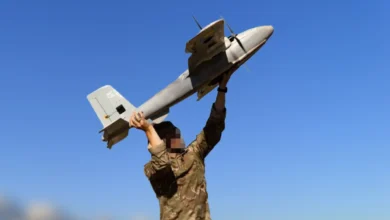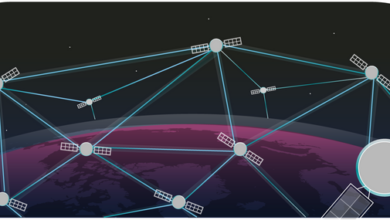The United States is worried that the arrival of Russian troops in Belarus for exercises could lead to a permanent presence that might introduce nuclear weapons into the country, a senior State Department official told reporters Tuesday.
Russian military forces were moving into Belarus after Moscow-allied strongman Alexander Lukashenko announced Monday that the two countries will conduct military exercises next month.
The move, which came without the advance notice customarily provided to countries in the region, added to rising tensions with the West over the possible Russian invasion of Ukraine, which borders Belarus.
The US official, speaking on grounds of anonymity, said the size of the Russian force arriving in Belarus was “beyond what we’d expect of a normal exercise.”
“The timing is notable and, of course, raises concerns that Russia could intend to station troops in Belarus under the guise of joint military exercises in order potentially to attack Ukraine,” the official said.
The official said that changes to the Belarus constitution in a referendum next month could allow the Russian military presence to become permanent.
“These draft constitutional changes may indicate Belarus plans to allow both Russian conventional and nuclear forces to be stationed on its territory,” the official said.
That would represent a “challenge to European security that may require a response,” the official said.
Belarus also borders Poland, a member of NATO.
The official said the numbers of troops mobilized “are beyond of course what we would expect with regards to a normal exercise.”
A normal exercise, involving for example 9,000 troops, requires advance notification of 42 days. If more than 13,000, it requires international observers, the official said.
“That’s what normal looks like. This is something entirely different.”
“Over time, Lukashenko has relied more and more on Russia for all kinds of support. And we know that he doesn’t get that support for free,” the US official said.
“It’s clear Russia is preying on Lukashenko’s vulnerability and calling in a little bit of accumulated IOUs,” the official said.





